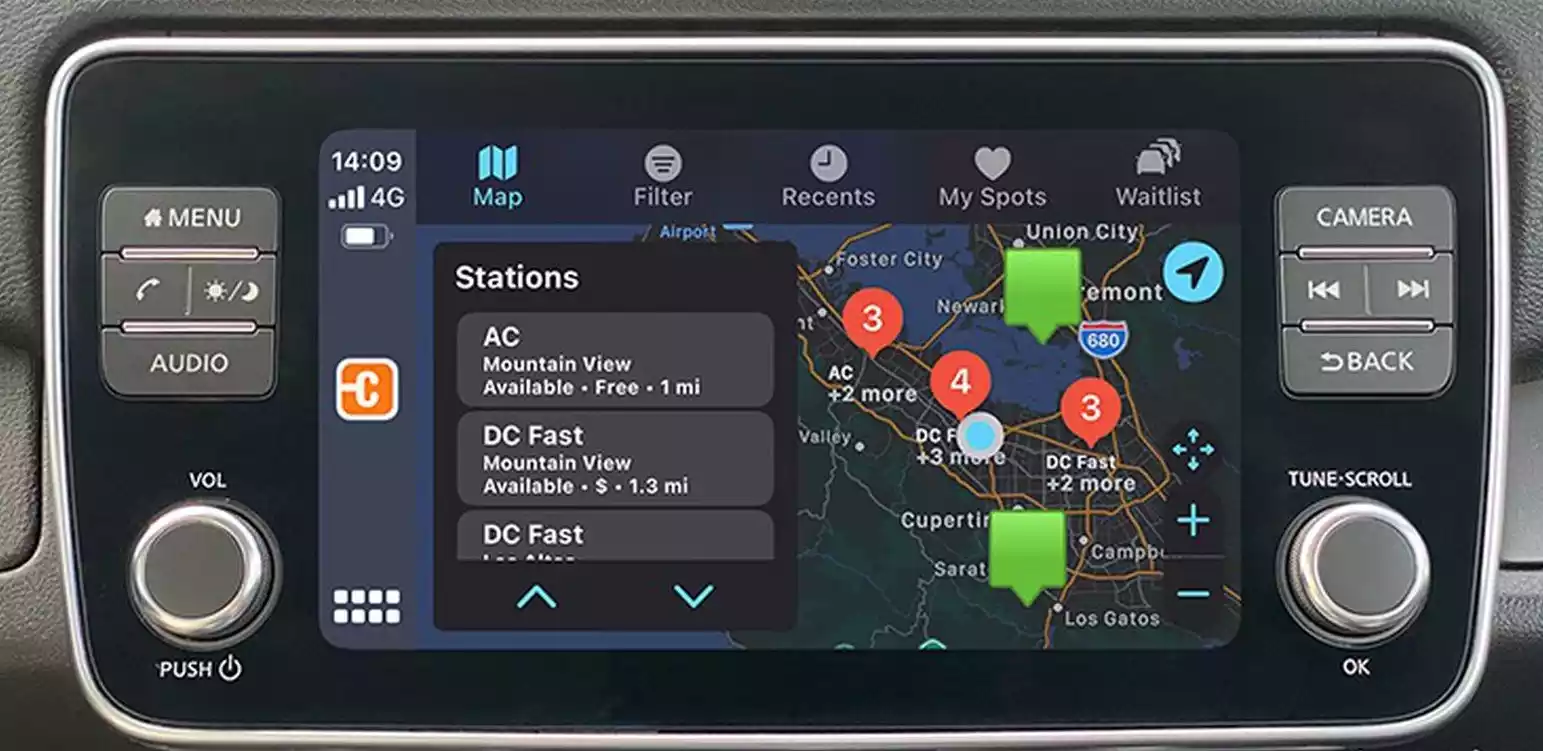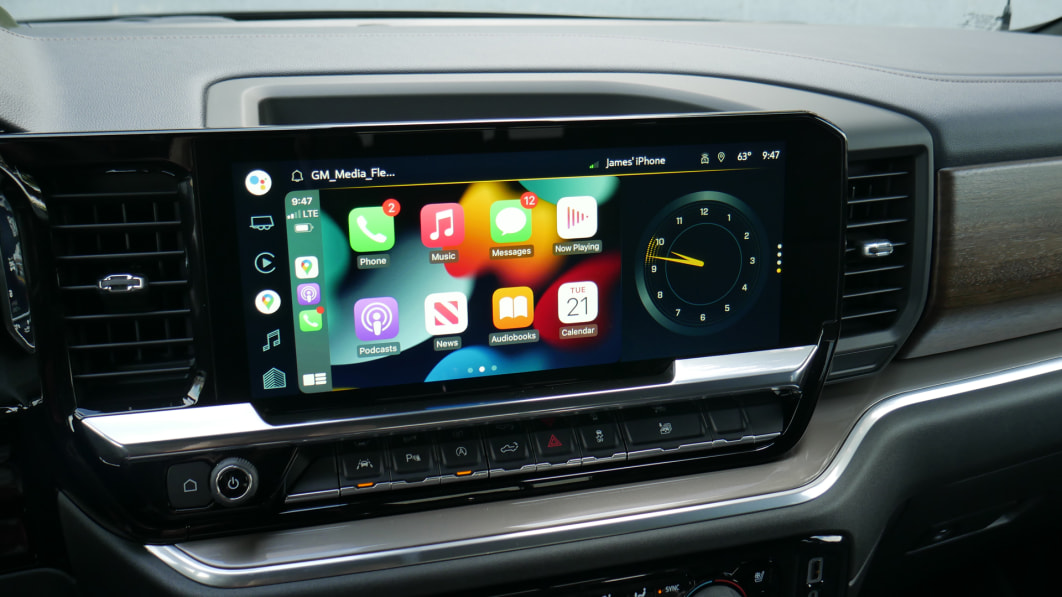
DETROIT — General Motors plans to phase out the widely used Apple CarPlay and Android Auto technologies, which allow drivers to mirror their phone’s interface instead of the car’s. GM will instead switch to exclusively built-in infotainment systems developed with Google for future electric vehicles.
GM’s decision to stop offering Apple CarPlay and Android Auto in future electric vehicles, starting with the 2024 Chevrolet Blazer, could help the automaker capture more data about how consumers drive and charge EVs.
GM is designing the built-in navigation and infotainment systems for future EVs in collaboration with Alphabet Inc.’s Google.
Autoblog contacted GM, who issued a statement that reads in part:
As GM scales its EV and software platforms, we will offer new content, features, and services that help customers connect to their digital lives. A cornerstone of this strategy is creating integrated experiences that change the way customers interact with their vehicles, such as:
Intelligent EV routing based on real-time vehicle sensors data such as state of charge and tire pressure, along with outside temperature and current traffic
Locate charging stations and share real-time availability of stations on demand based on the vehicle’s current state of charge
Creating navigation routing options optimized for available advanced driver assistance technologies such as Super Cruise and in the future Ultra Cruise
Control important vehicle functions with simple voice commands
Easily download the latest available software updates and apps wirelessly
Simple and customizable screens that provide access to the larger GM ecosystem.
To help customers seamlessly access the full breadth of these experiences within our advanced in-vehicle displays, we will integrate leading applications such as Google Maps, Google Assistant, Audible, Spotify, and more.
As a result of this strategic approach, we are going beyond phone projection systems, namely Apple CarPlay and Android Auto.
The decision to phase out CarPlay projection technology for smartphones is a setback for Apple as it competes with Google to capture more real estate on vehicle dashboards in North America. GM’s Chevrolet brand has boasted in the past that it offered more models with CarPlay or Android Auto than any other brand.
GM has been working with Google since 2019 to develop the software foundations for infotainment systems that will integrate more closely with other vehicle systems. The automaker is accelerating a strategy to have its EVs act as platforms for digital subscription services.
GM’s goal is to phase out the production of new light-duty internal combustion engine vehicles by 2035.
GM would benefit from focusing engineers and investments on a single approach to more closely connect in-vehicle infotainment and navigation with features such as assisted driving, said Edward Kummer, GM’s chief digital officer, and Mike Himche, executive director of digital cockpit experience, in an interview with Reuters.
“Many new driver assistance features are coming that are more closely linked to navigation,” Himche told Reuters. “We don’t want to design these features in a way that relies on someone having a cell phone.”
Buyers of GM EVs with the new systems will get free access to Google Maps and Google Assistant, a voice command system, for eight years, GM said. GM said future infotainment systems will offer applications such as Spotify’s music service, Audible and other services that many drivers now access through smartphones.
“We really believe there is a subscription revenue opportunity for us,” said Kummer. GM Chief Executive Mary Barra is targeting $20 billion to $25 billion in annual subscription revenue by 2030.
GM plans to continue offering Apple CarPlay and Android Auto mirroring systems in its internal combustion engine models. Owners of vehicles equipped with the mirror technologies will still be able to use the systems, GM said.
Drivers can also still listen to music or make calls on iPhones or Android smartphones using Bluetooth wireless connectivity, GM said.
